Have you ever wondered why nobody ever named their daughters Kaikeyi, when the names of Kaushalya or Sumitra were quite common? Is it because she was the proverbial stepmother who was responsible for the exile of Ram? But have you ever wondered what would have happened if Ram had not gone to the forest and killed the mighty Ravana? Well, for one, there would have been no epic Ramayana!
Kaikeyi was one of the wives of King Dasaratha and the mother of Bharata, in the epic Ramayana. Besides being the proverbial stepmother, Kaikeyi’s character in Ramayana was also of a jealous wife and an over-zealous mother. But let us understand the character, without the tainted glasses that we have been made to wear for long.
Who was Kaikeyi in Ramayana
Table of Contents
Kaikeyi was the daughter of the King of Kekaya and the only sister of seven brothers. She was brave, daring, rode chariots, fought wars, was extremely beautiful, played instruments, sang and danced. King Dasaratha saw her on a hunting expedition in Kashmir and fell in love with her.
According to one version, Kaikeyi’s father extracted a promise that her son (his grandson) would ascend the throne. Dasaratha agreed, as he had no son from any of his wives. But Kaikeyi did not bear a son and so Dasaratha married Sumitra.
King Dasaratha had married Kaikeyi only when his first queen, Kaushalya, was not able to conceive. Thus the marriage took place, under some unuttered assumptions. First, Kaikeyi’s son would be the future king of Ayodhya and second, that she would be the Queen Mother. All this because Kaushalya’s bearing a child had been already ruled out. However, when she too could not conceive, Dasaratha got married again. But Kaikeyi was no Kaushalya. She was brave, beautiful and ambitious.

Related reading: Why Krishna’s Satyabhama may have been a seasoned feminist
Kaikeyi was a very brave woman
It is said that once she had accompanied Dasaratha to war against a demon. During the war, when Dasaratha was supposed to have been injured, she drove his chariot out of the battleground, nursed him and got him back on his feet, fit to fight the war. Some other versions say that during the war, the axle of the chariot’s wheel broke and lest the chariot breaks down and bring Dasaratha on the ground; she is supposed to have used her finger for the axle till the battle was over. King Dasaratha was very impressed by her heroism and granted her two boons, which she kept for a better day.
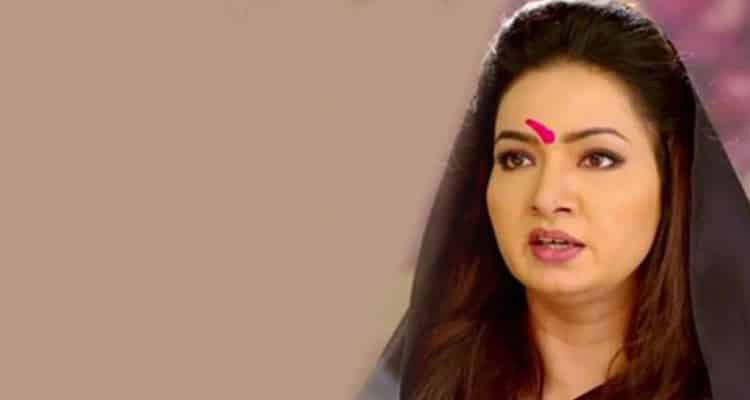
It is said that every action that one takes is rooted in one’s upbringing or some event of the past (especially childhood) which has moulded him/her. It was no different in the case of Kaikeyi too.
Related reading: Oh My God! A take on Sexuality in Mythology by Devdutt Pattanaik
No softening influence
According to some versions, Kaikeyi’s father Ashwapati had a rare gift of understanding the language of the birds. But it came with a rider. If he ever told anybody what he understood of the birds’ conversation, then he would lose his life. Once while he was strolling with his wife, he heard the conversation of two swans and had a hearty laugh. This got the queen curious, and she insisted that she be told the contents of the conversation, knowing well the implications of the King’s actions.
The queen said she didn’t care whether he lived or died but he must tell her what the birds had said. This led the king to believe that the queen did not care for him, and he banished her out of the Kingdom.
Kaikeyi grew up without any maternal influence and always harboured a sense of insecurity about the male community, who she thought were fickle. What if Dasaratha did not love her in his later life, as he had other wives too? What if her son, Bharata did not care for her at her old age? Thanks to all these thoughts and Manthara (her maid who had accompanied her from her father’s place) fuelling latent ambitions, resulted in Kaikeyi seeking two boons. One, Bharata to be appointed the king and second, Ram to be banished for fourteen years.
Hidden motives for Kaikeyi’s actions
Ramayana is an epic of ideal characterisations, ideal son, ideal wife, ideal mothers, ideal brothers, ideal devotee, etc. Often to enhance the portrayal of these ideals, a deviant is necessary.
Yet another version says that Kaikeyi’s father had overheard from some birds that the jungles would soon be full of demons that would hurt the Brahmins and ascetics, which would need long-term help from Rama.
To ensure that Rama spent a lot of time in the jungles, and being aware of Manthara’s character, he ensured that she accompany Kaikeyi, after the wedding. He had full faith in her capabilities, and needless to say that she did live up to the king’s expectations!
All the versions and many more, lead us to one conclusion. Rama’s exile was destined and pre-ordained. The quintessential stepmother was a figment of the author’s imagination or at best just a catalyst, who has been bearing the brunt of it all, since ages!
Isn’t it time to relook at certain characters? Isn’t it time to give the devil her due?
Related reading: Sperm Donors in Indian Mythology: Two stories of Niyog you Must Know
Ram And Sita: Romance Was Never Absent From This Epic Love Story
Love in the Mahabharata: An instrument for change and for revenge
Your contribution does not constitute a charitable donation. It will allow Bonobology to continue bringing you new and up-to-date information in our pursuit of helping anyone in the world to learn how to do anything.

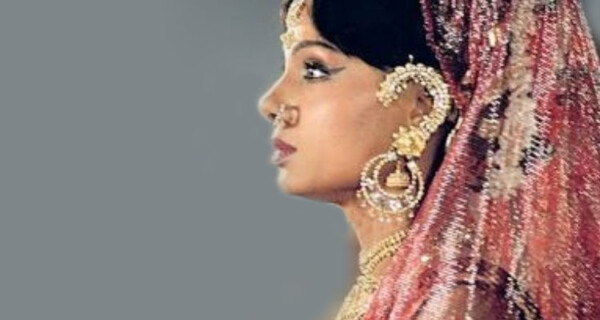







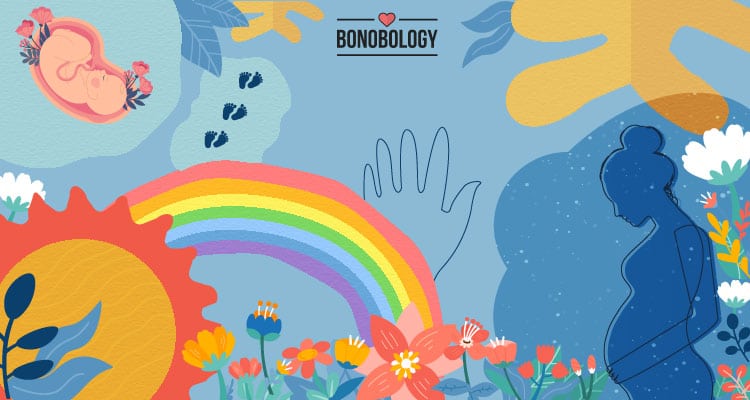

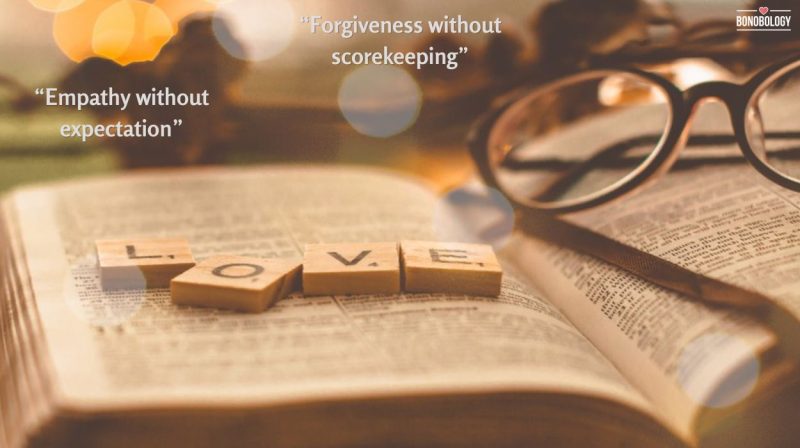



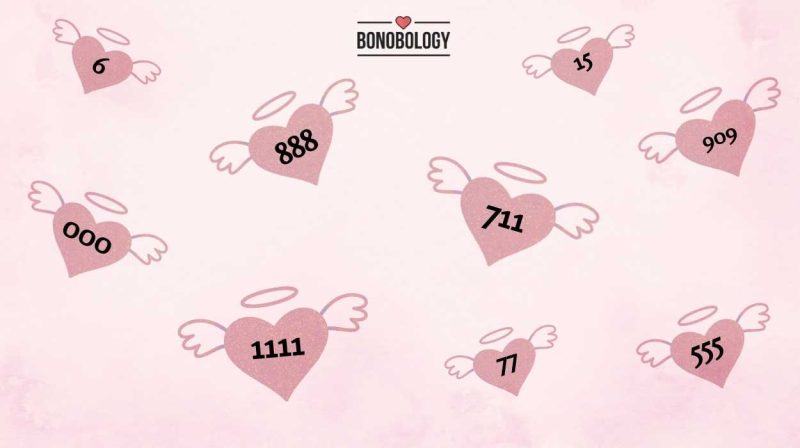







There is always 2 sides of story depend which you want to know.. good to read
There’s always another side to the story. A side more crucial and profound than the share we get to confront. And wise men do go beyond the surface story. The choices made by Kaikeyi was formulated with a web of visions and to understand the nuances involved in it, we must analyse the events objectively. Every character were contributing to the greater scheme of events from their own position and therefore, we must rise above the easy rebelling of “good” and “evil” and comprehend their lives on a deeper plain. Ever wondered , each character owns his/her own story and that is one complete life to decipher and not just some actions. Kaikeyi was a fierce woman , and a crucial pathway to unfold the major turning points of an era we would later revere as our God’s .
I completely agree with you. We have been made to see certain characters in a particular way and that has been perpetuated over generations. It is time to relook at some of them from a new perspective, often to end up appreciating them. This is not something that is being done only now; Bhasa, a Sanskrit playwright had done this way back in the 3rd or 4th CE, when he wrote his plays on certain mythical characters from a different perspective and people accepted his writings too.
I have always taken a keen interest in Indian mythology. And as i grew up i became increasingly drawn towards the retelling of myth altering perspectives. I feel that’s what the need of the hour is. It opens an entire new vista of wisdom. And i want to thank you for penning down such thoughtful pieces and also, thank you, Sir for the information about Bhasa. 🙂
Well written.
Thanks!